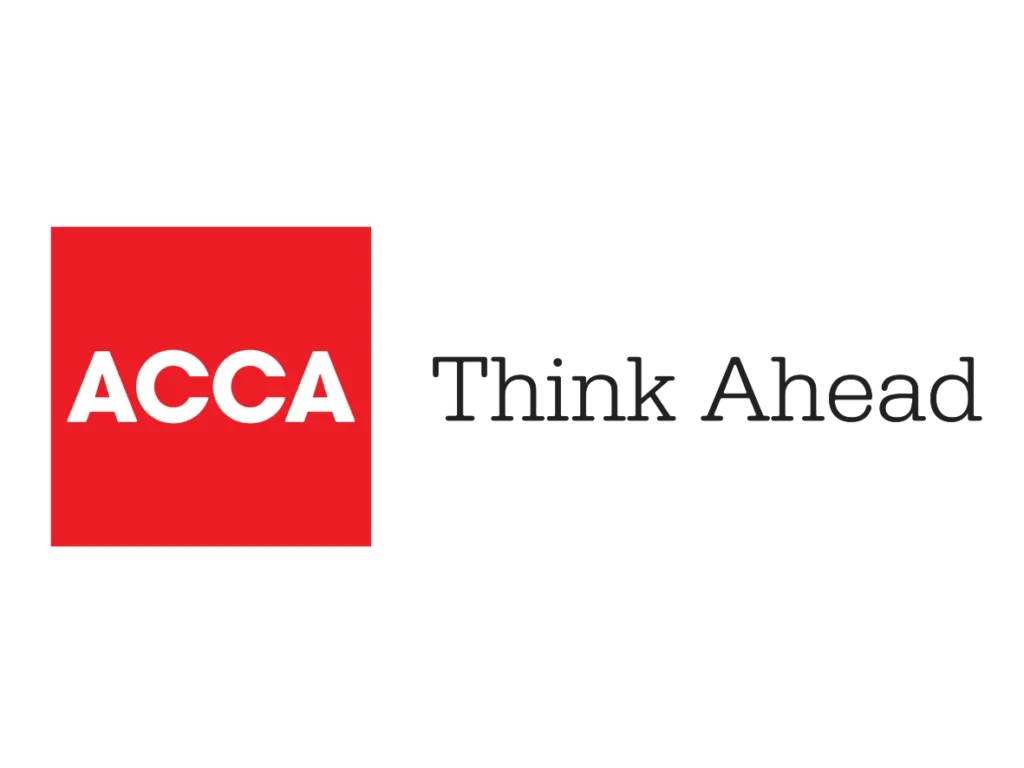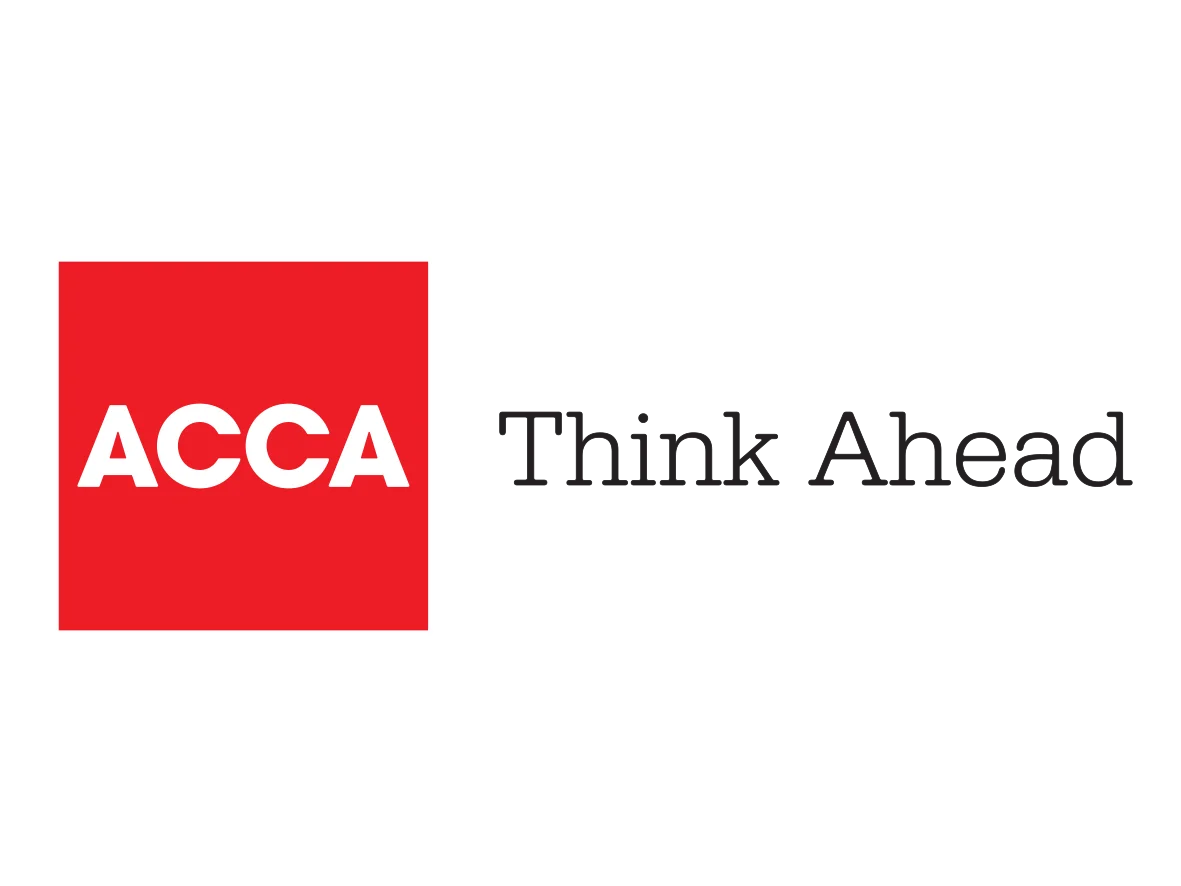One in every 228 companies entered liquidation in last quarter
The number of company insolvencies has soared in the last year, with 5,629 companies going under, primarily entering creditors’ voluntary liquidations (CVL)
This is the highest figure since 2012 after the financial crash with the number of company insolvencies 81% higher than in Q2 2021 and Q2 2022 figures 13% higher than Q1 2022.
The latest figures from the Insolvency Service show that between 1 April and 30 June 2022 (Q2 2022), there were 5,629 registered company insolvencies in England and Wales, made up of 4,908 creditors’ voluntary liquidations (CVLs), 368 compulsory liquidations, 320 administrations, 32 company voluntary arrangements (CVAs) and one receivership appointment.
From the start of the Covid-19 pandemic until mid-2021, numbers of company insolvencies were low when compared with pre-pandemic levels. Compulsory liquidation, administration and CVA numbers remained lower throughout 2021 and were still lower than pre-pandemic levels in Q2 2022. This was due to government fiscal measures that were put in place to support businesses and individuals.
One in every 228 companies entered liquidation in the last quarter. The worst affected sectors were construction (19% of cases); wholesale and retail trade, and repair of motor vehicles and motorcycles (13%); and accommodation and food service activities (12%).
Christina Fitzgerald, president of restructuring trade body R3, said: ‘The figures show the highest levels of corporate insolvency since 2012. This has been driven by an increase in all forms of insolvency process – but creditors’ voluntary liquidations have peaked to their highest recorded figure of 4,908, suggesting that many directors are opting to close their businesses as they lack confidence in their trading prospects in the current climate.
‘The steady rise in compulsory liquidations seen since the start of the year also suggests that creditors are now making use of their power to issue winding-up petitions to try and claw back monies they are owed.
‘I would urge company directors to understand how to spot the first signs of business distress and to seek advice from a qualified professional as soon as they become concerned. Doing so will give them more time to think about the future of their business and more options to turn their financial situation around.’
With the sharp decline in business confidence there are wider concerns about the financial health of companies still in recovery from the pandemic.
Claire Burden, partner in the advisory consulting team at Evelyn Partners, said: ‘I am concerned that businesses have an overload of covid related debt such as bounceback loans and HMRC arrears, which reduce options available for an insolvency practitioner to rescue the trading and jobs.
‘Now that the government’s measures to support businesses have ended, it is more important than ever for directors to get help as early as possible to increase the likelihood of a rescue before it is too late.
‘For any directors who are worried about the financial position of their business, we recommend seeking professional advice as early as possible. The earlier that advice is sought then the greater number of options there will be for the business.
‘The importance of directors paying close attention to the financial health of their business has become critical as a result of a number of factors. Inflation in the UK has now risen to 9%, the highest rate it has been for decades, with interest rates increasing to dampen inflation. In addition, the rising price of energy for businesses, for which there is no cap, leaves them very exposed. Whether these and other factors will result in the UK falling into recession later this year is unclear.’
HAMPSHIRE ACCOUNTANTS: THE KEY TO SIMPLIFYING CORPORATE TAX COMPLIANCE



